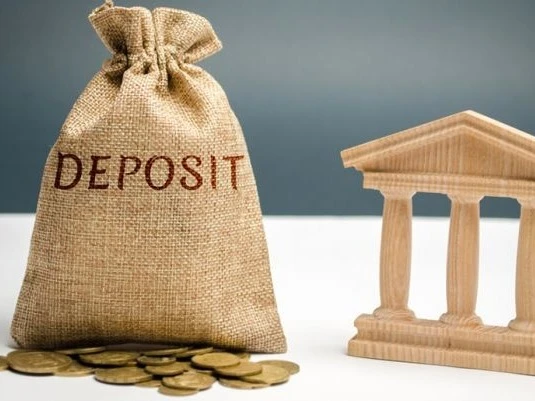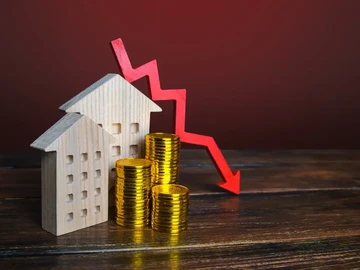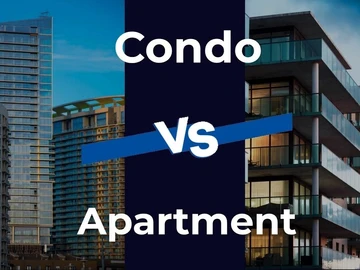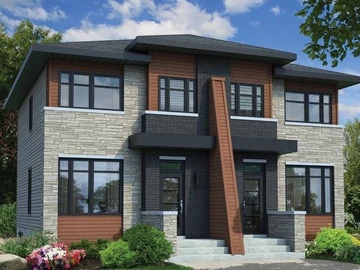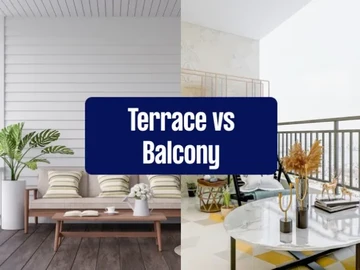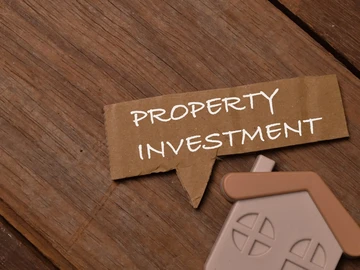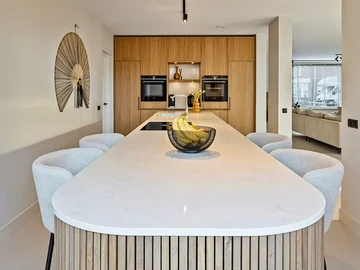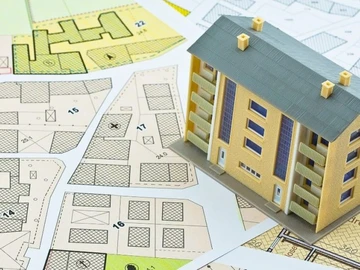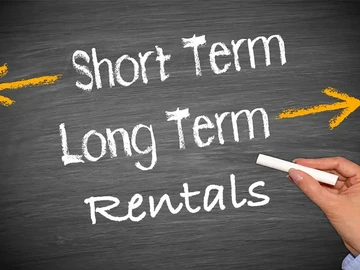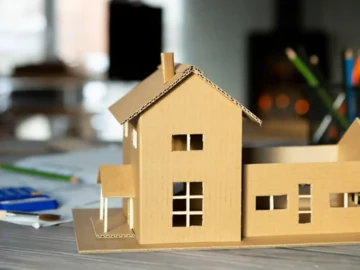Buying a house is one of the biggest financial decisions you'll make in your lifetime and understanding the deposit requirements is a critical first step. Whether you're buying in Harare, Bulawayo, or an emerging suburb like Ruwa or Gweru, the question many aspiring homeowners ask is: How much deposit do I need to buy a house in Zimbabwe?
In this guide, we break down how deposits work, typical rates, what influences the amount, and strategies to prepare for your home purchase.
What Is a Deposit in Real Estate?
In property transactions, a deposit is an upfront payment made by the buyer to secure the sale. It shows serious intent and is usually a percentage of the purchase price.
In Zimbabwe, once the Agreement of Sale is signed, the deposit is paid into a lawyer’s or estate agent’s trust account, not directly to the seller. This protects both parties and ensures a transparent transaction.
What Is the Average Deposit in Zimbabwe?
There’s no fixed amount, but generally:
- Cash Buyers: Deposits typically range from 10% to 30% of the purchase price.
- Mortgage Buyers: Most banks in Zimbabwe require 20% to 30% of the property value as a minimum deposit before they finance the balance.
Example:
For a house valued at US$60,000, your deposit might be:
- 10% → US$6,000
- 20% → US$12,000
- 30% → US$18,000
According to a 2023 report by the Real Estate Institute of Zimbabwe (REIZ), the average house deposit across urban centres ranges between US$8,000 to US$20,000, depending on the location and financing method.
Factors That Affect How Much Deposit You Need
Several factors influence the size of your required deposit:
1. Type of Seller
- Private sellers may accept lower deposits, especially if no mortgage is involved.
- Developers or housing cooperatives may require staged deposits or upfront payments of up to 50%, especially for off-plan properties.
2. Financing Method
- Mortgage buyers are subject to bank requirements. Most Zimbabwean banks like CBZ, FBC, and Stanbic demand 20–30% deposits, with full proof of income and affordability.
- Cash buyers can negotiate the deposit amount more freely, depending on the seller's flexibility.
3. Location and Demand
In high-demand areas like Borrowdale, Mount Pleasant, or Victoria Falls, sellers may insist on higher deposits due to buyer competition. In contrast, areas like Chitungwiza, Norton, or Cowdray Park might have more flexible terms.
4. Legal Status of the Property
- Titled properties often require formal deposits to be processed through lawyers.
- Cession properties or those without title deeds may involve negotiated or lower deposits, but come with increased risk.
Why Deposits Matter
Paying a deposit:
- Secures the property and removes it from the market
- Shows you're a committed buyer
- Often forms part of the purchase price
- May reduce the interest or amount borrowed from a bank if you’re financing the purchase
What If You Can’t Afford a Big Deposit?
Don’t worry many Zimbabweans are in the same position. Here are some options to explore:
1. Look for Properties with Lower Entry Requirements
Browse listings on Property.co.zw and filter by price to find homes with manageable deposit options.
2. Explore Developer Payment Plans
Some real estate developers offer payment plans with staggered deposits and flexible repayment periods over 12–36 months.
3. Consider Building Instead of Buying
Purchasing a stand (residential plot) and building in phases can spread out costs and deposits are typically lower (as little as 10%).
4. Use Savings Schemes or Diaspora Mortgages
Banks like FBC and CBZ offer home loan packages for the diaspora, with structured deposit options. You may also benefit from group savings clubs (marounds) or real estate investment cooperatives.
What Else Should You Budget For?
The deposit isn’t the only upfront cost. You’ll also need to prepare for:
- Conveyancing/legal fees
- Stamp duty (1–4%)
- Capital Gains Tax (if you’re the seller)
- Rates clearance and utility transfers
For a US$60,000 house, total closing costs may exceed US$4,000–US$6,000 on top of your deposit.
Final Thoughts
While deposits in Zimbabwe typically range from 10% to 30%, the exact amount depends on your location, financing method, and type of seller. The most important step is to start saving early, understand your financing options, and work with professional agents or lawyers to guide your transaction.
Whether you're buying your first home in Dzivarasekwa or investing in a townhouse in Highlands, Property.co.zw makes it easy to browse listings, compare prices, and find trusted agents to help you every step of the way.
 Continue with Facebook
Continue with Facebook
 Continue with Email
Continue with Email

